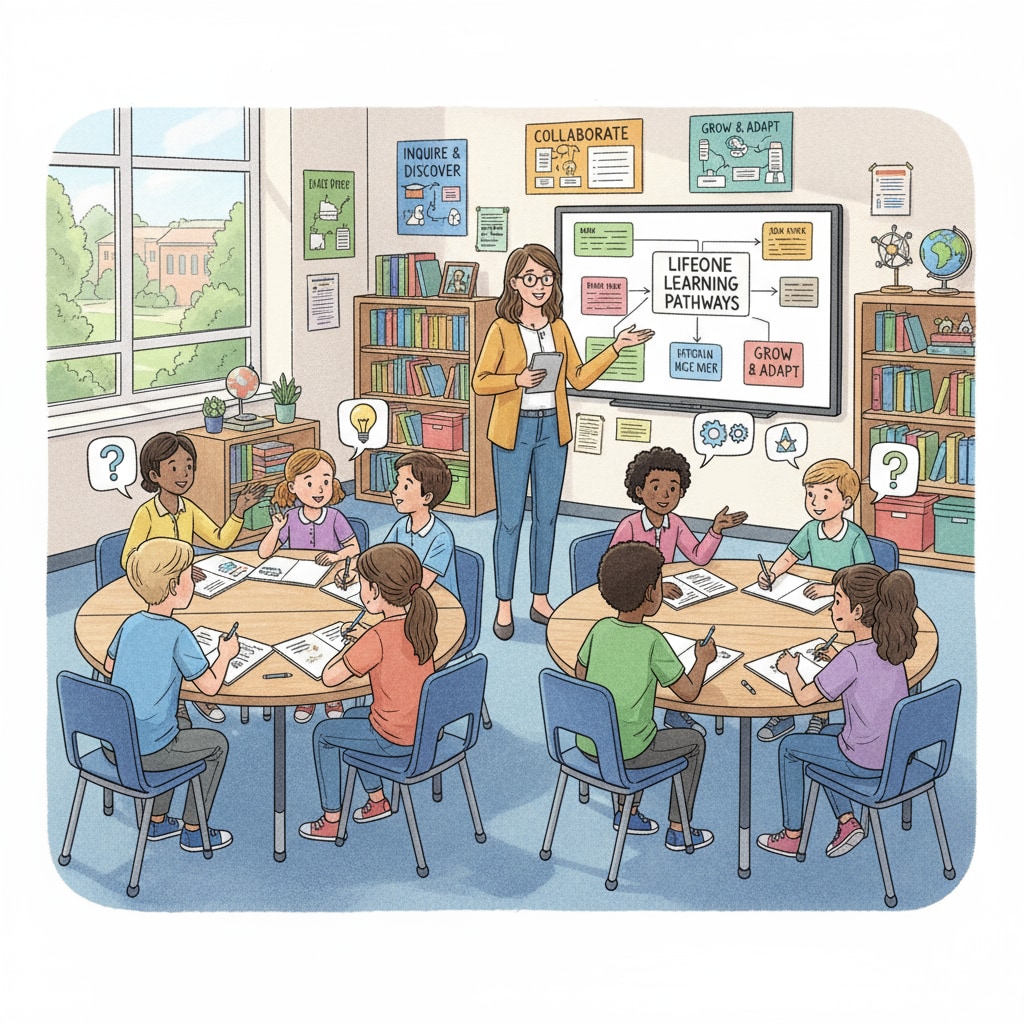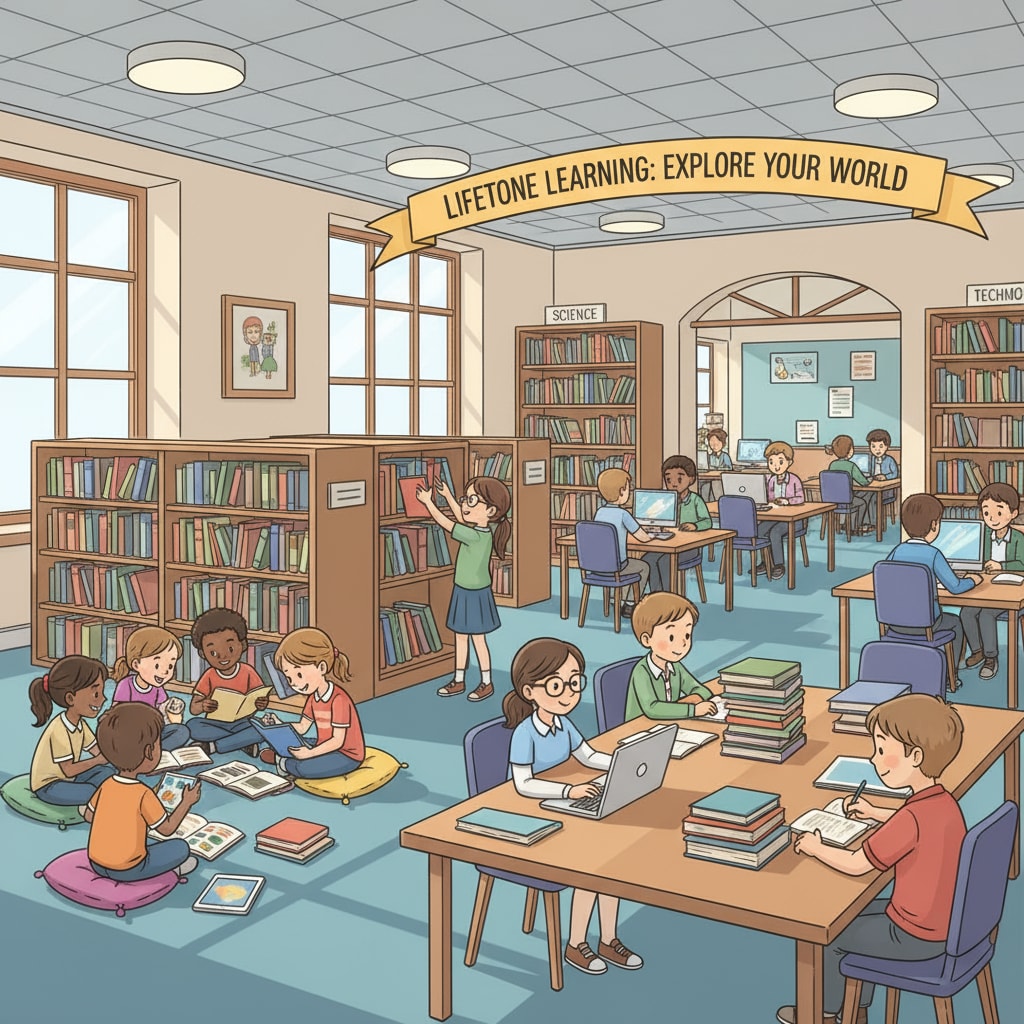Education, lifelong learning, and success are intricately linked. The seeds of lifelong learning are often sown during the K12 education phase, which serves as the bedrock for an individual’s future success. K12 education encompasses primary and secondary education, a period when students undergo significant intellectual, social, and emotional development.

The Cognitive Foundation Laid in K12
During K12 education, students build a fundamental cognitive framework. This is the stage where they learn basic literacy, numeracy, and scientific concepts. For example, in language arts classes, students develop reading, writing, and communication skills. These skills are not only essential for academic success but also form the basis for lifelong learning. As students progress through different grades, they expand their knowledge in various subjects, which broadens their perspective and equips them with the tools to understand the world better. According to Cognitive development on Wikipedia, cognitive development in childhood and adolescence is crucial for future learning and problem-solving abilities.

Nurturing Learning Abilities
In addition to building cognitive foundations, K12 education is instrumental in nurturing students’ learning abilities. Teachers introduce different teaching methods and strategies to help students develop critical thinking, creativity, and the ability to learn independently. For instance, project-based learning encourages students to explore topics in depth, analyze problems, and come up with innovative solutions. This hands-on approach not only enhances their understanding of the subject matter but also trains them to be active learners. By fostering these learning abilities, K12 education prepares students to adapt to new information and challenges throughout their lives, a key aspect of lifelong learning. As stated on Education on Britannica, the development of learning skills is a core objective of modern education systems.
Another important aspect is the cultivation of a growth mindset. K12 educators often encourage students to view challenges as opportunities for growth rather than as setbacks. When students believe that their abilities can be developed through effort and learning, they are more likely to embrace new challenges and persist in the face of difficulties. This positive attitude towards learning is a cornerstone of lifelong learning and significantly contributes to an individual’s success in the long run.
In conclusion, K12 education is the fertile ground where the seeds of lifelong learning are planted. By building a solid cognitive foundation, nurturing learning abilities, and fostering a growth mindset, it equips students with the tools and attitudes necessary for future success. Lifelong learning, which begins in the K12 years, becomes the driving force that propels individuals forward in their personal and professional lives, enabling them to adapt to an ever-changing world and achieve their full potential.
Readability guidance: The article uses short paragraphs to present ideas clearly. Each H2 section provides key points about the role of K12 education in promoting lifelong learning and success. Passive voice is used sparingly, and transition words like “for example”, “in addition”, and “in conclusion” are employed to enhance the flow of the text.


